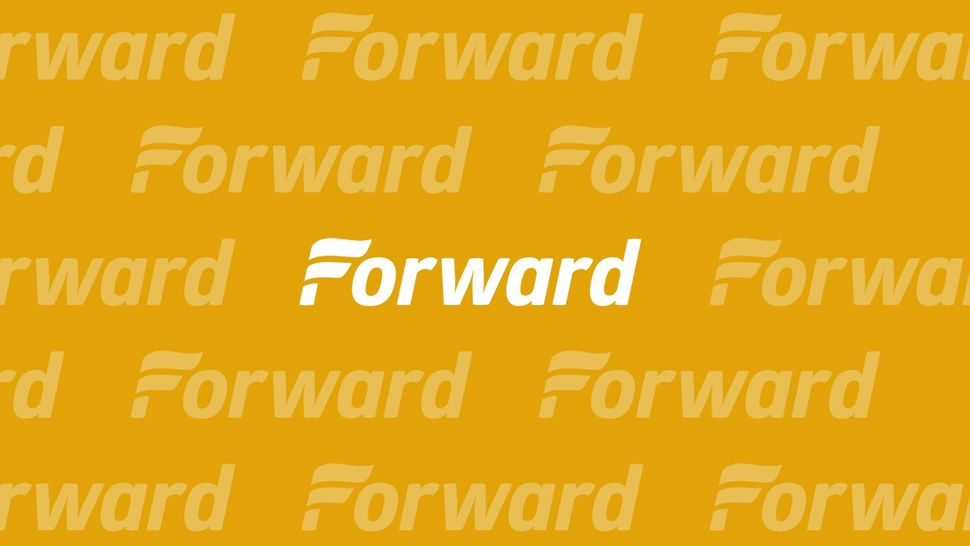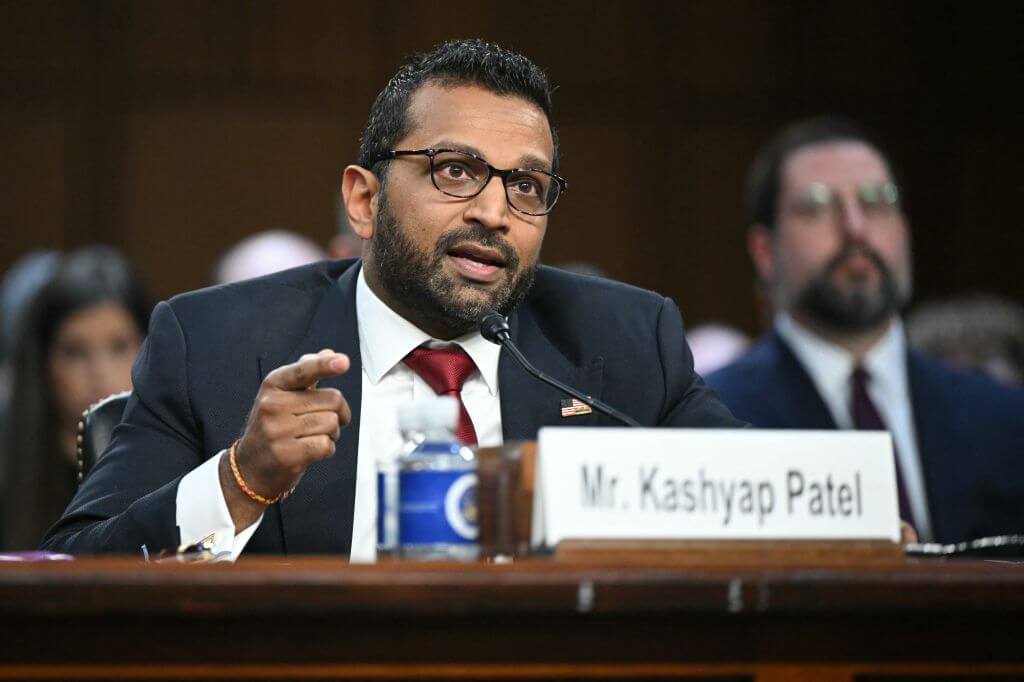Why Jared Kushner Might Not (But Almost Definitely Will) Get White House Job

After picking out a house and synagogue in Washington, D.C., it’s now official that President-elect Donald Trump wants Jared Kushner, his son-in-law, to serve as a senior adviser in the new administration. But is there anything that could torpedo his pick? And what’s he got going for him, in terms of getting and keeping the job?
What Might Hurt Him
1. Nepotism Laws
As the president-elect’s son-in-law, Kushner is likely covered by anti-nepotism laws that prohibit federal officials from rewarding family members with jobs. Donald Trump’s team has argued otherwise, asserting that such regulations do not apply to the president. But legal experts have largely scoffed at this. Nonetheless, it’s unclear how the law could be enforced against the appointment, with Congress run by Republicans and the statue not specifying who has standing to sue should the regulation be ignored.
2. His Conflicts of Interest
Kushner has announced his intention to comply with all ethics regulations, and is actively communicating with federal authorities on this matter. His plan is to step down as the head of his real estate company, sell many of his assets and transfer control of others to his family members. But these promises haven’t allayed all concerns, as some worry that these measures won’t be sufficient. Critics have raised questions about Kushner’s foreign concerns, including a deal he inked with the Chinese Anbang Insurance Group to remake his corporate headquarters on Manhattan’s Fifth Avenue. The corporation has a convoluted management structure that might hide Chinese government stakes, and such an association with Kushner might create demands for access and financial pressures that could work against the national interest.
3. Ivanka’s Conflicts of Interest
While Kushner will be stepping out of his businesses, his wife Ivanka Trump might remain involved in her jewelry company. If that were true, he could be seen as still having conflicts of interest in matters that could affect her concerns. Ivanka Trump herself has attracted criticism from ethics watchdogs concerned about self-dealing, after she sat in on a post-election meeting with Japanese Prime Minister Shinzo Abe (coincidentally, shortly after her company launched its products in Japan).
What’s Going for Him
1. Family
Following the management model of many real estate companies, Donald Trump tends to invest most of his trust in his family members, rather than chosen aides. His adult children Eric, Ivanka and Don, Jr. enjoyed pride of place within the campaign, and were involved in making crucial decisions about personnel, messaging and finance. Kushner, as Ivanka Trump’s husband, married into the inner circle and held Donald Trump’s confidence by troubleshooting various aspects of the campaign, from fundraising to crisis control.
2. Non-Confirmable Position
As a White House appointment, Kushner will not be subject to Senate approval, similar to other executive positions like chief of staff or national security adviser. Trump has made several of this kind of appointment, including chief strategist Steve Bannon and national security adviser Michael Flynn.
3. Friends Across the Aisle?
Kushner and Ivanka Trump have been seen by those on the left as the most approachable and sympathetic Trump inner circle members. Some speculate that Ivanka Trump might even be a Democrat, after her advocacy for paid family leave and expressions of concern about climate change. This could build support for the Kushner appointment among those who might see him as a brake on far-right influences in the administration. If that’s not enough, his attorney is Jamie Gorelick, a former top aide to Bill Clinton with a network of influence among Democrats.
Contact Daniel J. Solomon at [email protected] or on Twitter @DanielJSolomon
A message from our Publisher & CEO Rachel Fishman Feddersen

I hope you appreciated this article. Before you go, I’d like to ask you to please support the Forward’s award-winning, nonprofit journalism so that we can be prepared for whatever news 2025 brings.
At a time when other newsrooms are closing or cutting back, the Forward has removed its paywall and invested additional resources to report on the ground from Israel and around the U.S. on the impact of the war, rising antisemitism and polarized discourse.
Readers like you make it all possible. Support our work by becoming a Forward Member and connect with our journalism and your community.
— Rachel Fishman Feddersen, Publisher and CEO






















